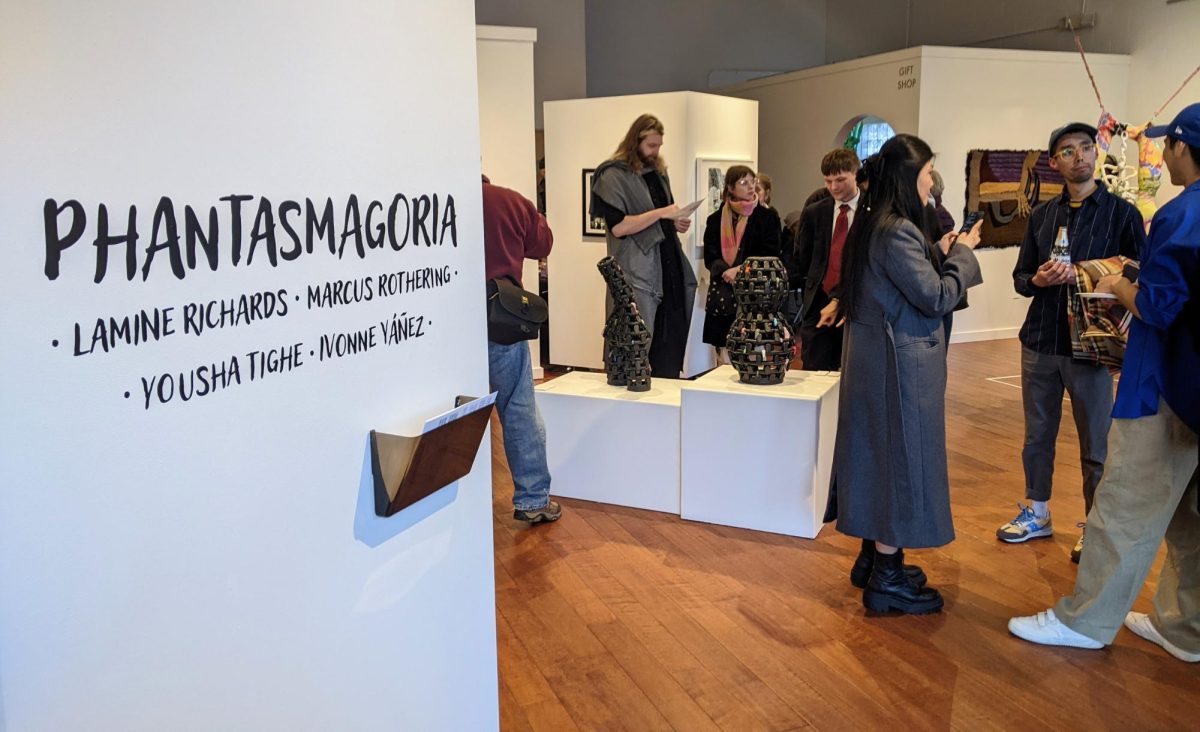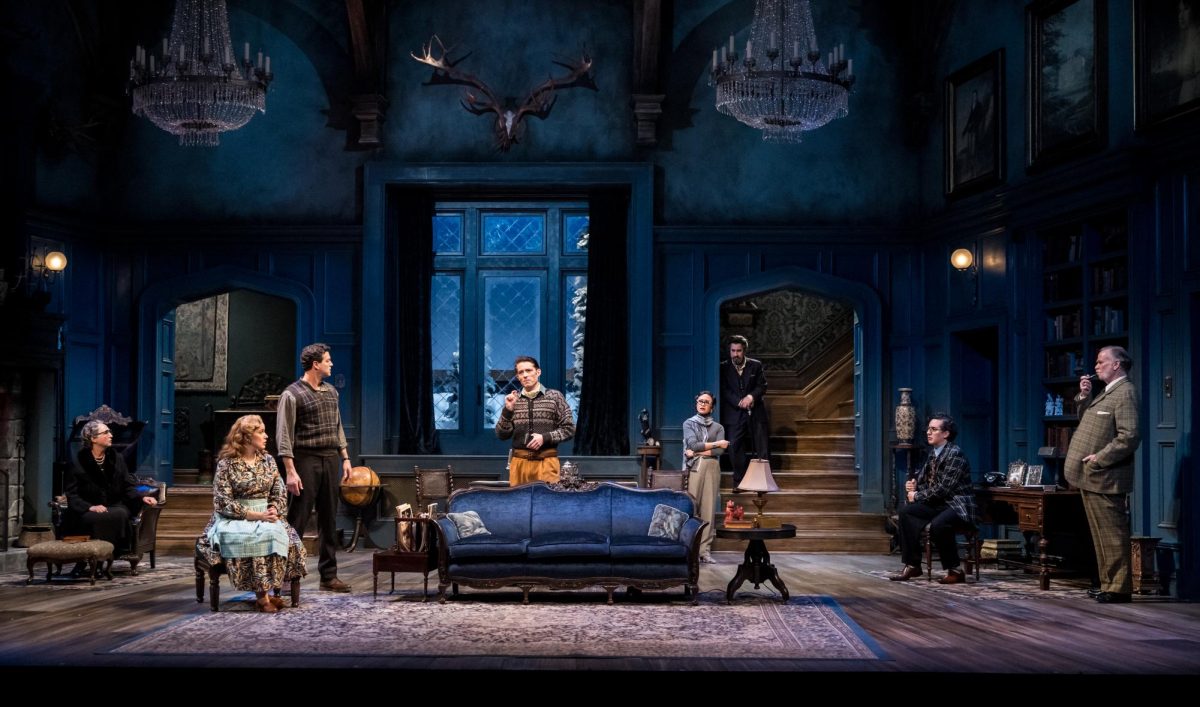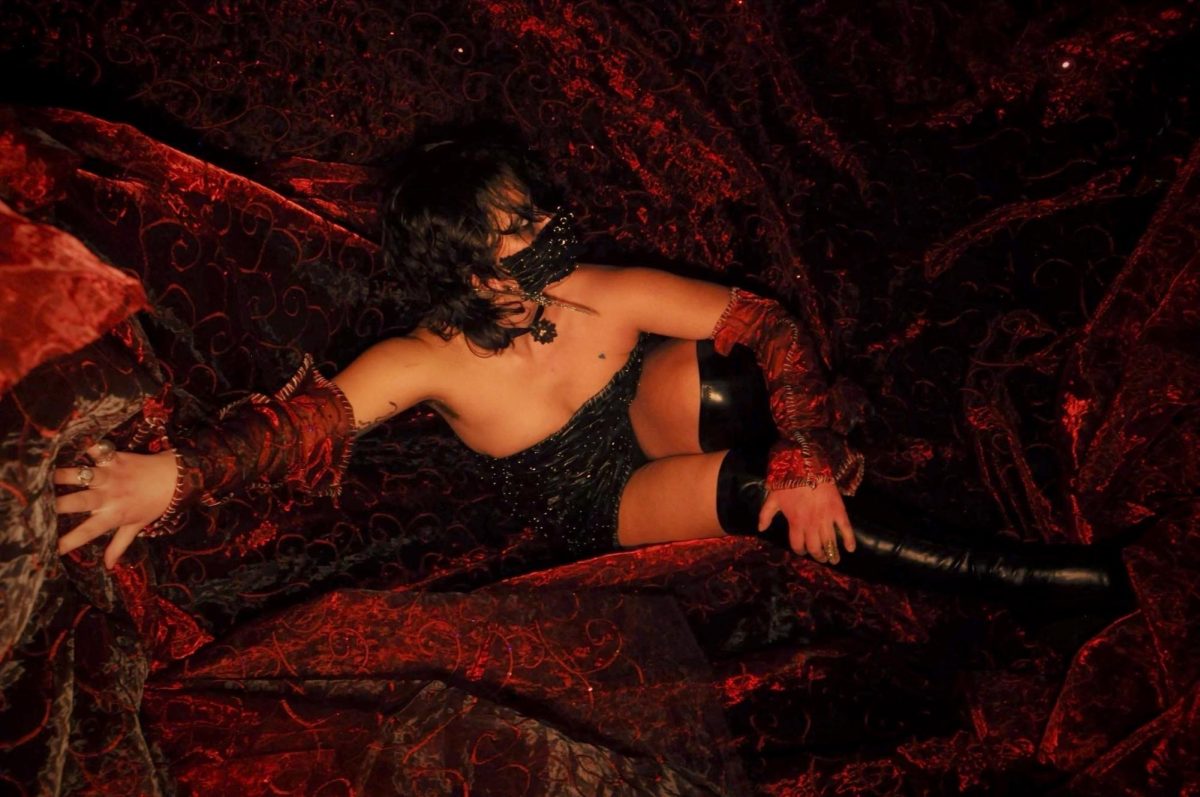WASHINGTON, D.C. âÄî In a 2,000-seat ballroom in Washington, D.C., murmuring Associated Writers and Writer Programs Conference (AWP) attendees anxiously awaited the appearance of the sultry Mary Gaitskill and critically acclaimed Sapphire.
The room, over the course of the conference, reverberated the voices of Gaitskill, Sapphire, Junot Diaz, Joshua Ferris, Jennifer Egan and countless others whose work had influenced a multitude of readers and writers across the U.S. and the world.
After an elaborate introduction, Sapphire walked up to the microphone and thoroughly scanned her crowd.
âÄúThank you all so much for coming,âÄù she said quietly. âÄúI would now like to read an excerpt from my most recent book, âÄòPush.âÄôâÄù
Her slight utterance was transformed into a powerful, emotionally thrashing reading of not only âÄúPushâÄù âÄî which was adapted to the big screen for âÄúPreciousâÄù in 2008 âÄî but of influential writers, also. In her great humility, Sapphire read more poetry from recently passed Ai, Lucille Clifton and Carolyn Rodgers, than she did her own work.
âÄúI didnâÄôt steal everything from them,âÄù Sapphire said, âÄúbut I do owe an awful lot to them.âÄù
Gaitskill, in sharp contrast, swayed her way in front of the audience without the slightest explanation of what was to come. The controversial but acclaimed author read from her current work in progress, âÄúThe End of Seasons.âÄù The book is slated to follow a 16-year-old male prostitute in New York City.
âÄúLast night, a man had called him angelic,âÄù Gaitskill read. âÄúHe stuck his finger in the boyâÄôs mouth and told him to suck it. Every attempt to love was like a salty, tobacco-flavored tongue in his mouth,âÄù she continued. âÄúHe was like a pig with horseâÄôs legs sewn on. Any time love would leap out of him, the legs inside of his chest would kick him.âÄù
GaitskillâÄôs latest published work, âÄúDonâÄôt Cry,âÄù features a short story called âÄúThe Agonized Face,âÄù which includes a plot eerily similar to the circumstances surrounding this article. The narrator, a journalist, decides to go to a writers conference to track down a notorious feminist theorist. Her conception of the theorist is drastically changed while there.
The journalist struggles with the exposure of her daughter to new representations of sex and sexuality, including those from the theorist, and the sexual disconnect between her generation and her daughterâÄôs. The theorist is a former prostitute and dancer who relishes in the retelling of her exhibitionist desires and the power she felt when performing âÄî a debasement of every value the journalist holds.
Gaitskill, a former call girl and dancer herself, maintains a connection to both the revealer of this sexual culture and the critic of such revealing.
âÄúI think that [the journalist in the story is] starting to see that very young girls are now aware of sexuality in a way that they were not when I was a kid,âÄù Gaitskill said. âÄúI think for women even 10 years younger than me, it was just different. Sexuality is just so in everybodyâÄôs face now.âÄù
At an earlier panel that same day, Katrina Vandenberg, writer in residence at Minneapolis College of Art and Design and current published author at Milkweed Editions out of Minneapolis, read pieces from her poetry book and praised the Minneapolis literary scene for its influence in establishing her as a nationally recognized author.
Her work, âÄúAtlas,âÄù uses maps âÄî of course âÄî family artifacts and the literal and figurative use of blood to intermingle inanimate objects with animate ones.
âÄúWhat does the object know?âÄù Vandenberg rhetorically asked her audience. âÄú[It knows] the inside of something you are usually outside of.âÄù
The panel Vandenberg spoke at was hosted by The Loft Literary Center in conjunction with Milkweed Editions. The two organizations presented several panels and readings at the AWP, many of which were as well attended as those featuring bestselling authors such as Gaitskill.
Graywolf Press, another local literary entity, hosted one of the most overflowing events at the conference. Squashed in a room meant to hold only 100 attendees, people were squatting on the floor, pressed up against the walls and lined up outside the doors to listen to GraywolfâÄôs panelists.
The recent popularization of creative nonfiction writing had many attendees of AWP flocking to this and other similar readings and panels.
Jeff Shotts, faculty in the English department at Macalester College and current senior editor at Graywolf Press, candidly introduced the panelists.
âÄúUnlike everything else at the conference, everything we say will be true,âÄù Shotts said, smiling. âÄú[Nonfiction] is an alternative to judgment and commerce,âÄù he continued. âÄúThe self needs more than just help.âÄù
Ander Monson, author of, âÄúVanishing Point,âÄù published by Graywolf Press, was a panelist at this same event.
In flipping through pictures on a slide show of Billy IdolâÄôs âÄúCyberpunkâÄù album âÄî which received remarkably poor reviews âÄî and describing the dungeon-crawling, âÄô80s video game âÄúRogue,âÄù Monson somehow managed to string together the most inane of cultural objects. He brought it back, as could be expected at a panel named âÄúStrategies in New Nonfiction,âÄù through the capabilities of nonfiction writers to appeal and connect the masses.
âÄúNonfiction writers know what it is to be alone and then connect us when all we have is black space,âÄù Monson said. âÄúBilly Idol as an essayist? Look for it at next yearâÄôs conference.âÄù
Judging by the incalculable success of writers at all levels and genres at AWP, it would not be surprising if the rocker made his comeback there, primed with a rebel yell. Or a humble whisper.







